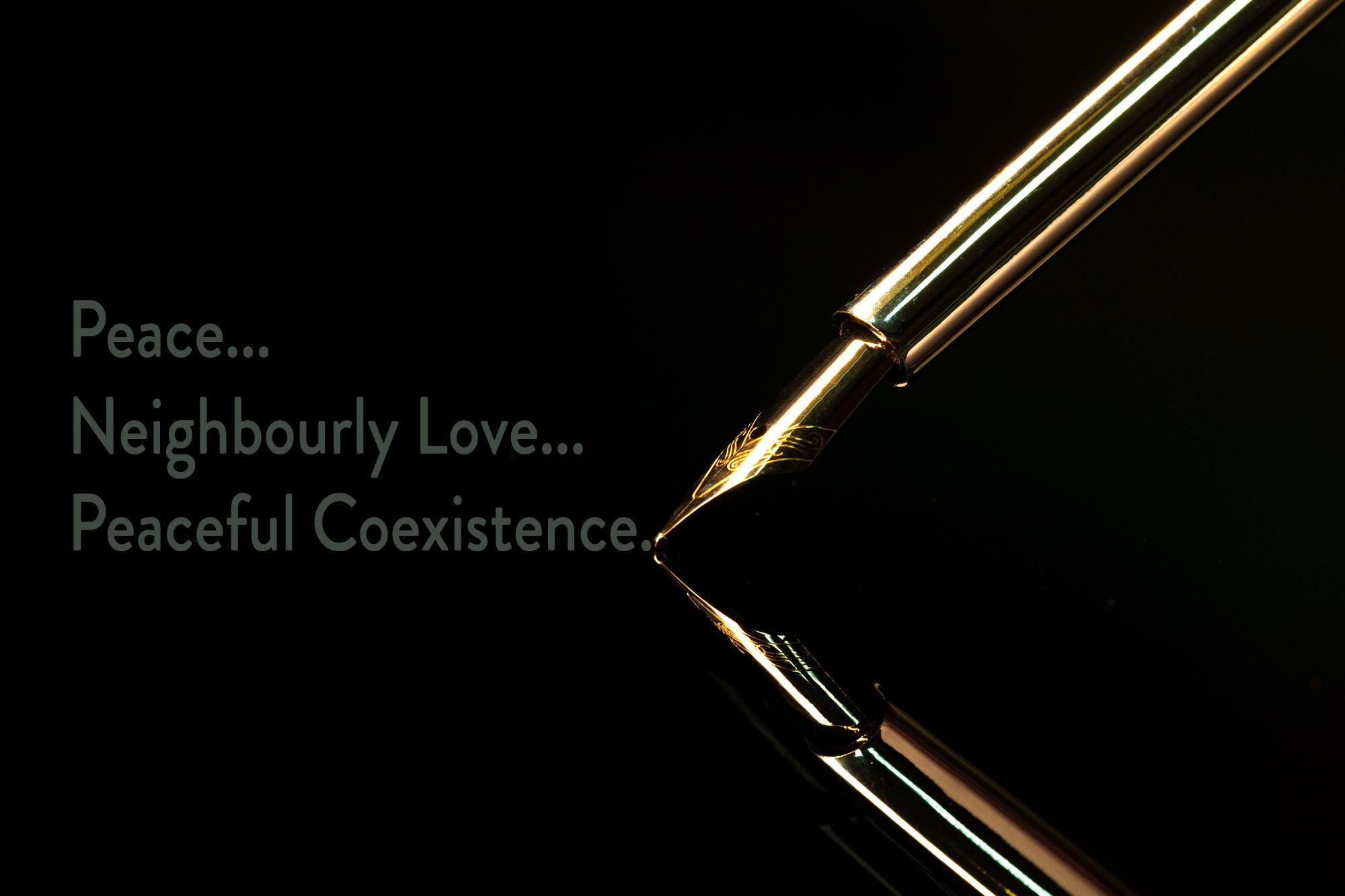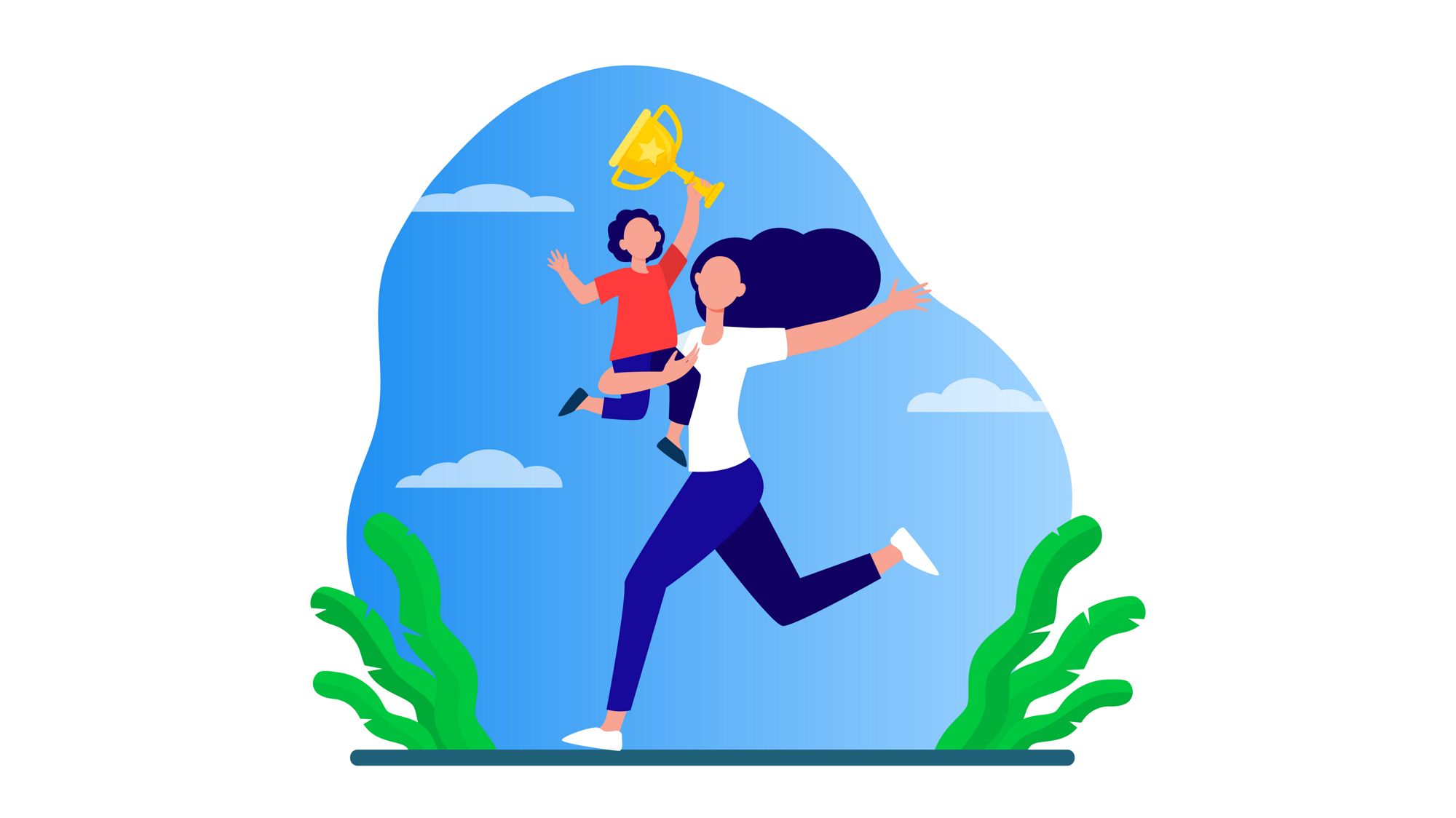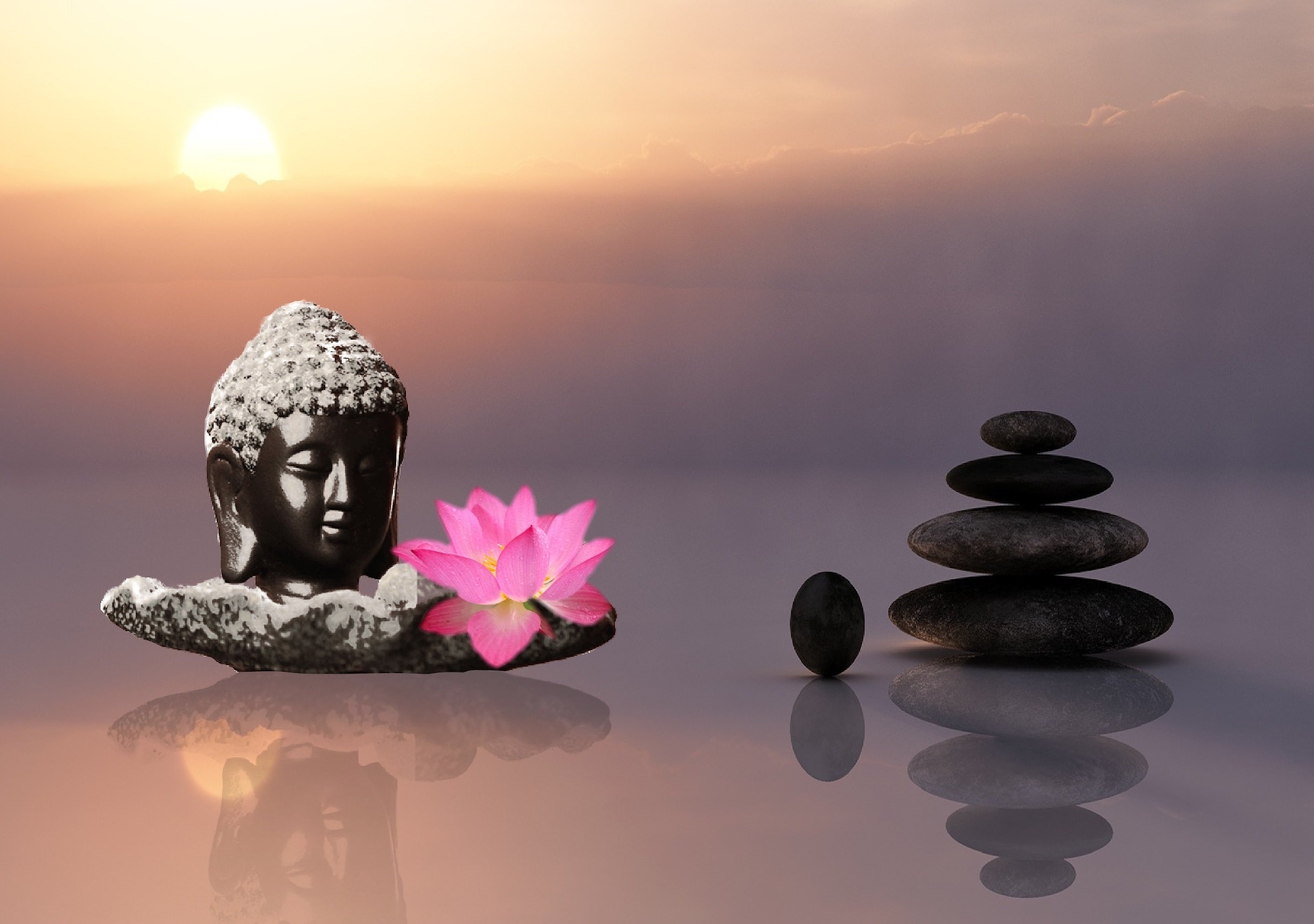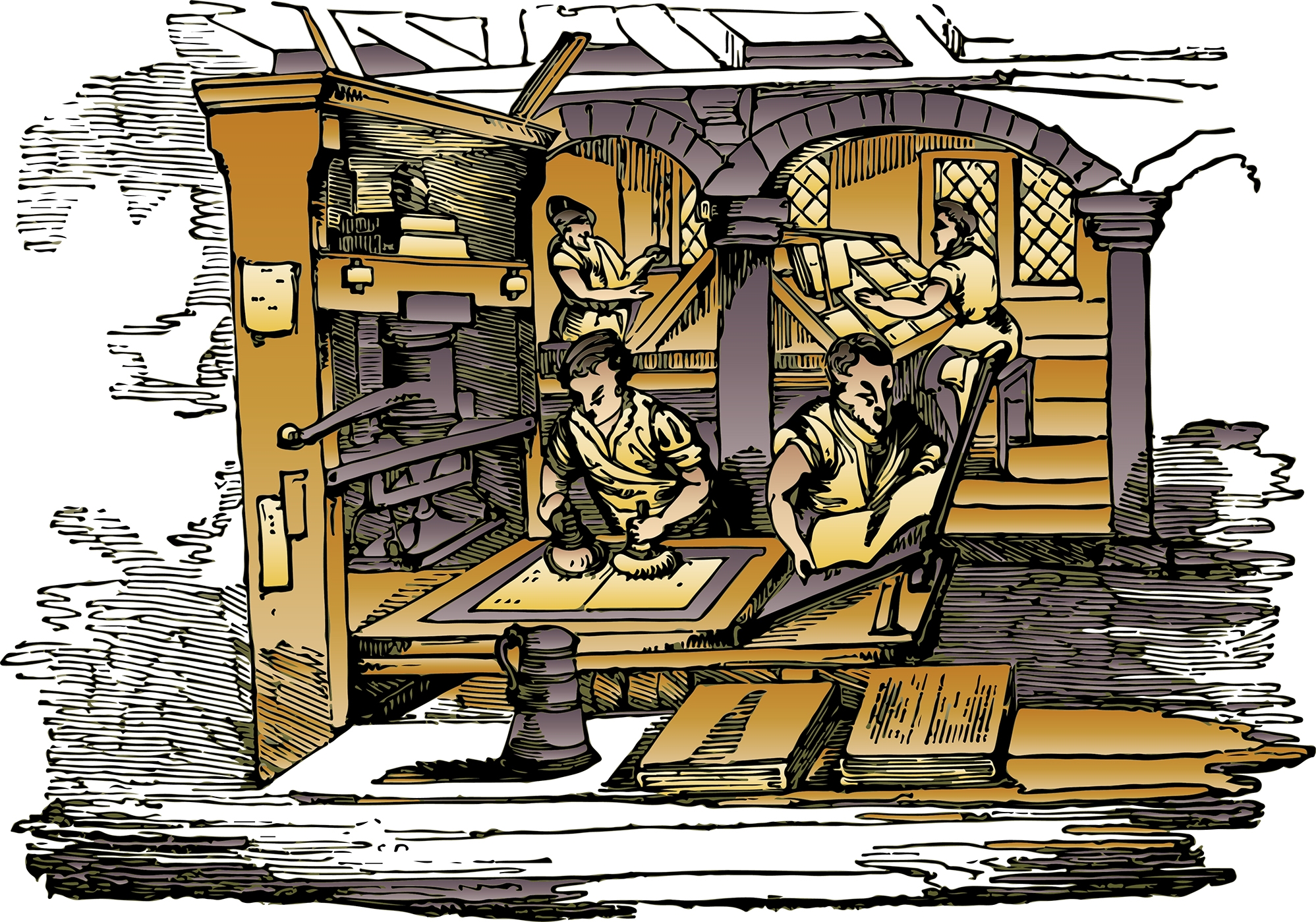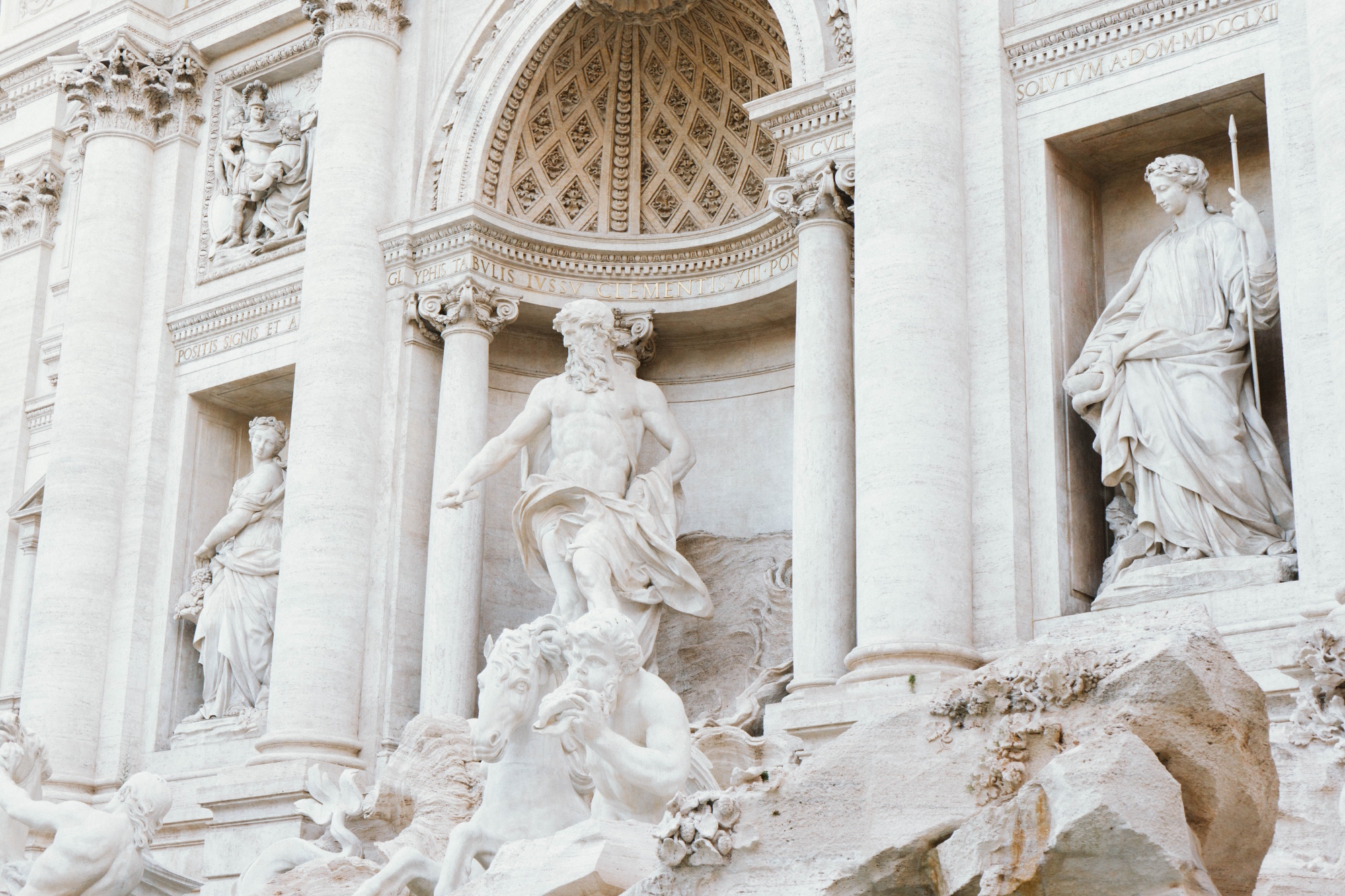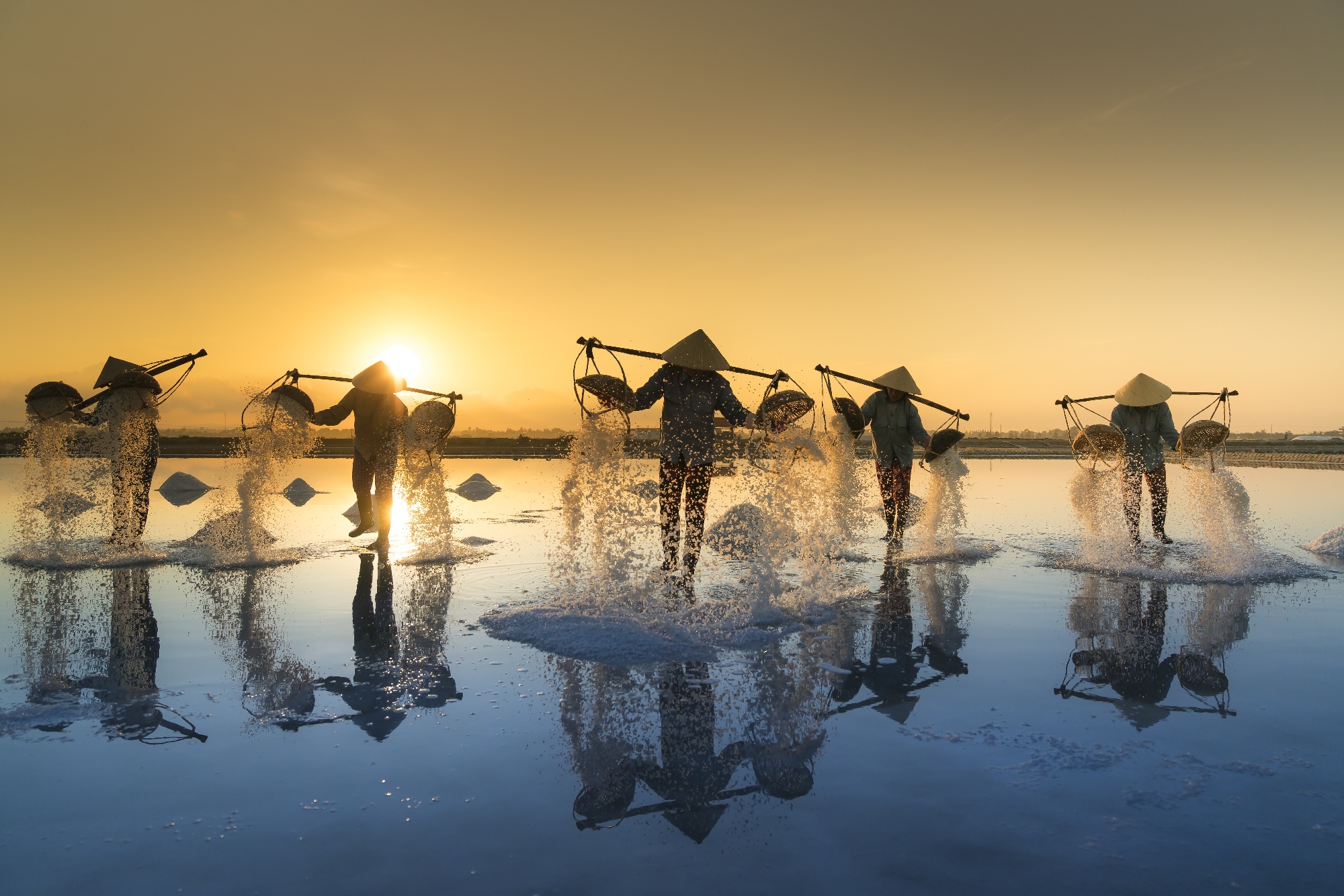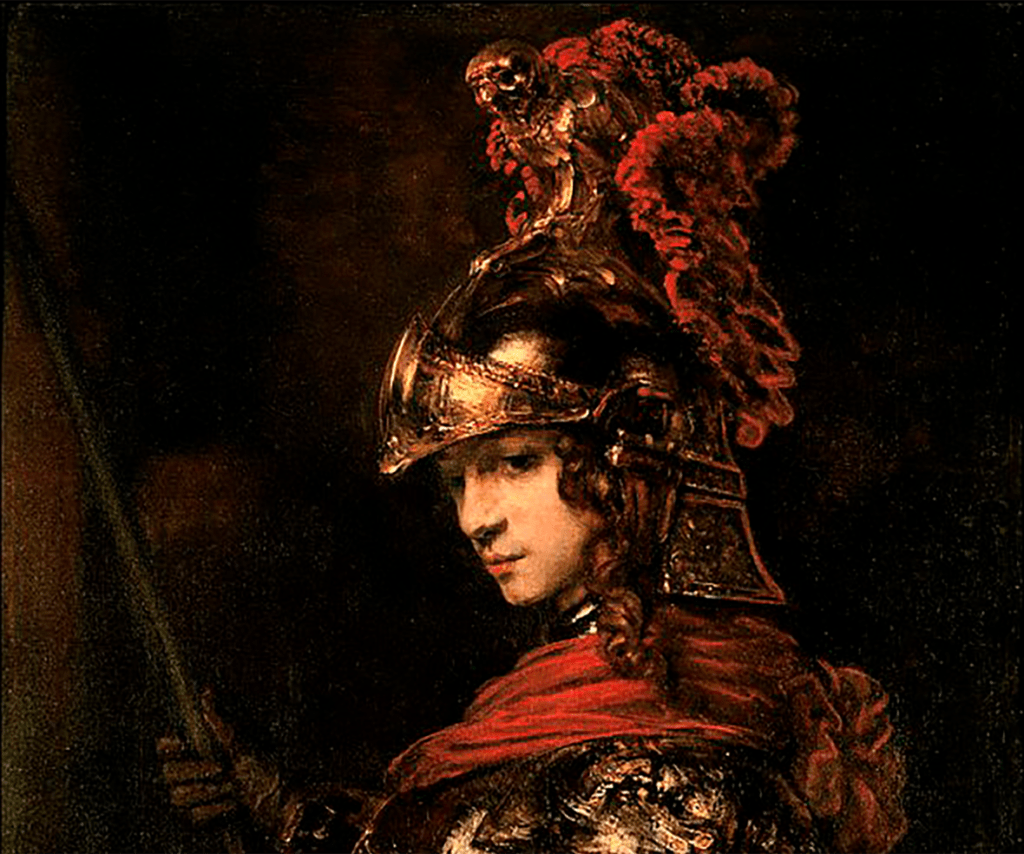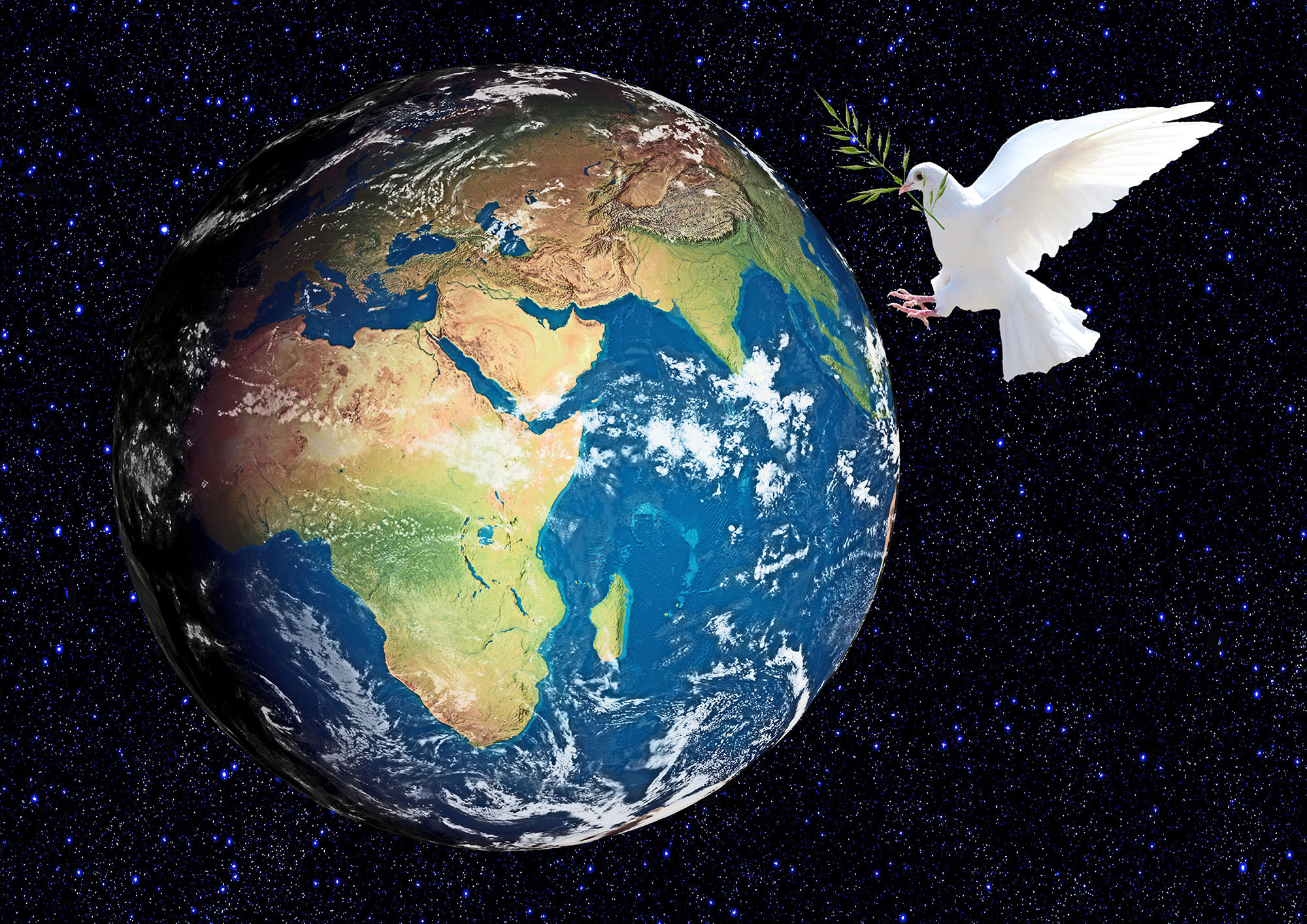
The last but one president of the US was a nightmare, a cruel and selfish excuse for a man, who does everything he can to regain power and a sort of reputation, even if the worst: A possible dictator who’s just good enough to influence people that are not well-educated enough to see the whole story – and understand the truth behind his ‘tantrums’.
One of the worst being the attack on the Capitol he initiated – directly or indirectly.
He also instated a couple of supreme court justices, let’s not forget that. Last, but not at all least, the impeachment process was not even properly started against him.
This means he could run a second time for another ‘go’ at the office – and if he succeeded he might fulfill what he seems to have tried once already: Become a modern ‘king’, in terms of a then void democracy and its rights and laws and freedoms – a ‘dictator’.
And in his case the freedom of the press would go first. No doubt about it.
It is a relieve every day to have someone like the present president Joe Biden there. In the place of a so-called ‘superpower’s’ most powerful seat.
Politics are no child’s game. Anyone making out they were, is a fool. To say the least.
In particular in the 20th and 21st century with a heavy historical burden, often left over for generations by all kinds of governments with very different, no to say multiple, secret agendas – left wing, right wing, right wing again.
So many actions and reactions just forced by industries in the background who provide money and thus the necessary media forces to ‘advertise’ one’s cause. Not least of all that sorry excuse for a man, Mr Trump, who wouldn’t be where he is in terms of actual infamy without those industries and conglomerates and banks.
‘Marketing’, ‘advertisements’: There is no way around them. In order to make an impact you have to use social media and the internet these days, just as TV appearances and talk-show discussions or have newspapers write about you.
A sad fact is too that traditional media such as TV or newspapers have to sell. So, to some extent, if someone does not offer much sensational ‘fodder’ for talk, it may become quiet around him – or her.
When all is said and done, anyone in their right minds should know how precious peace is, and equal chances for all – the best possible attempts we can make for a planet that will not ‘overheat’ after all – and that supporting all those who really are fighting for it is no less than an obligation.
Or, simply: A fine cause.
